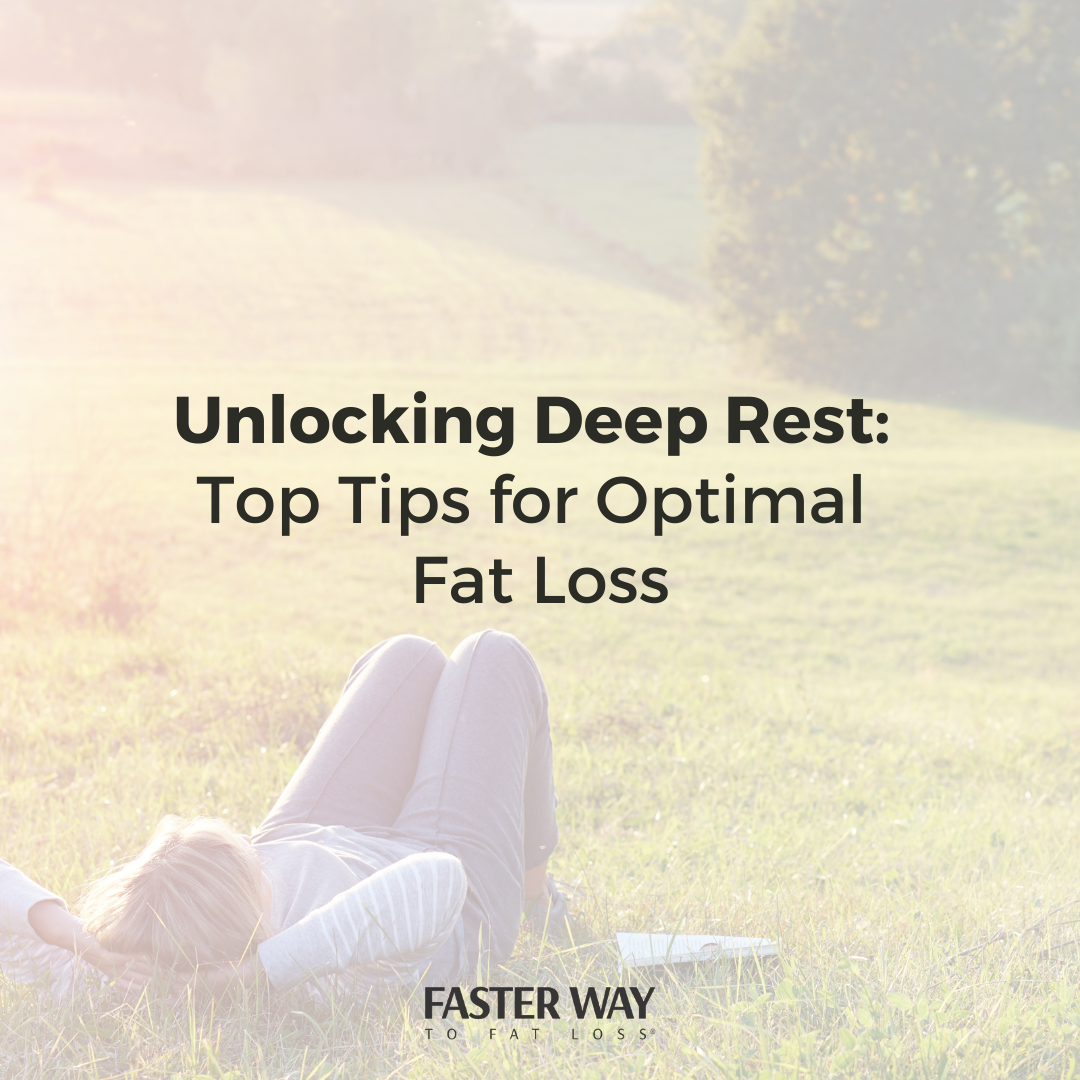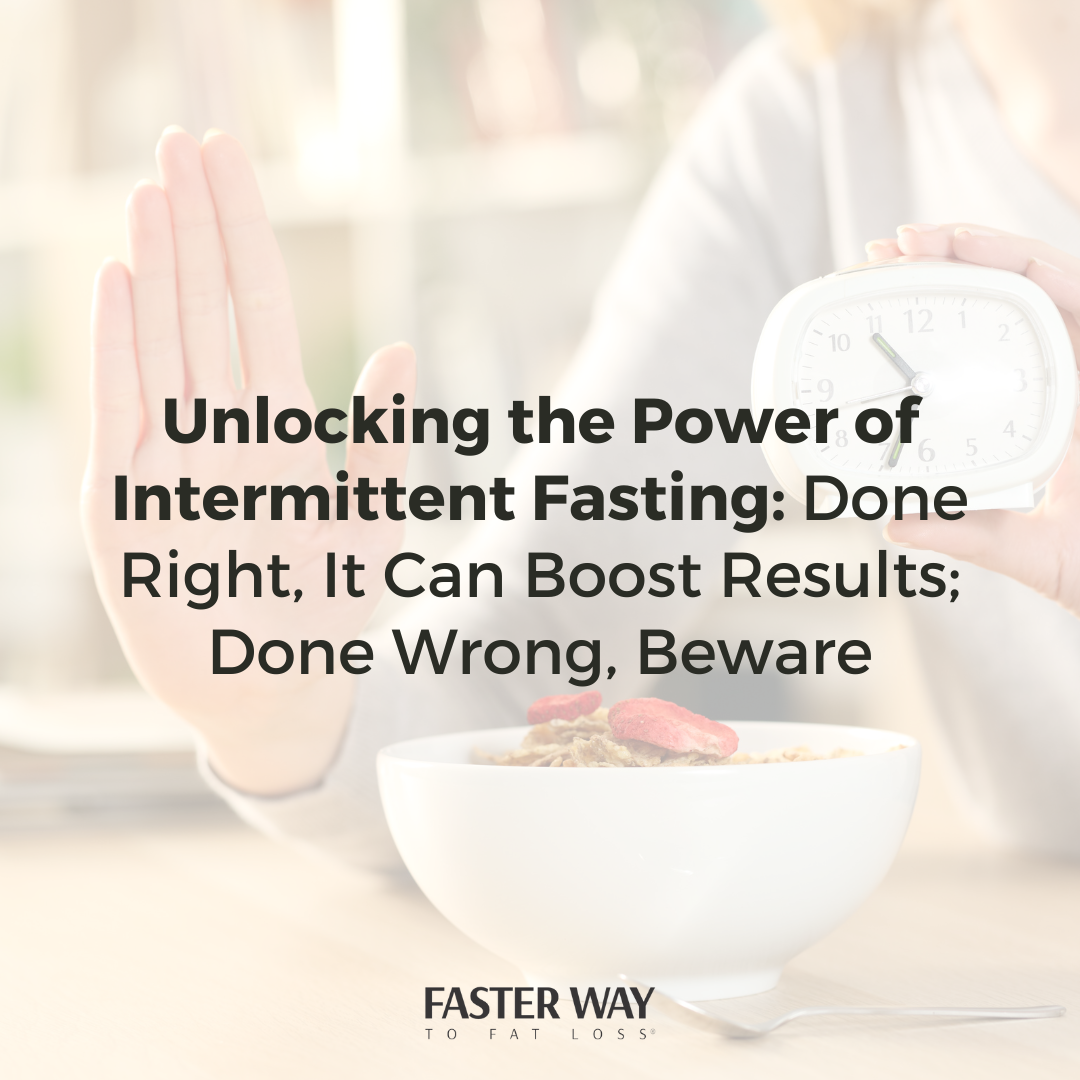Pregnancy is a magical time of life—there’s nothing quite like bringing a new baby into the world! But with so much confusion about how to enjoy a healthy pregnancy, most women aren’t sure what to do. Today we’re talking about six pregnancy pitfalls and how to avoid them—plus how to prevent Diastasis Recti!
We invited Melanie Colón to the podcast to share her expertise with us and boy, did she deliver! Give the full episode a listen for all the incredible tips and wisdom she has for pregnant and postpartum mamas. If you prefer to read, we’ve put them together in this great list of six pregnancy pitfalls and how to avoid them!
6 Pregnancy Pitfalls and How to Avoid Them
Pitfall #1 Poor Nutrition
Food can be a very sensitive subject for pregnant women because some struggle just to keep anything down. Melanie’s advice is to choose the healthiest version of what you can stomach. If you can only handle saltines, then choose the best saltines you can find! If you can’t handle raw veggies anymore, try them roasted. Sneak some leafy greens into a smoothie. Get creative so you can still get those all-important micronutrients in!
Pitfall #2 Dehydration
It can be tough, especially during pregnancy, but staying hydrated is critical to keeping your body healthy and working properly. Even if you’re having a hard time keeping food down, do what you can to keep your water intake up. Water can flush toxins, reduce swelling, and it can even help your muscles heal more quickly. We get it—there’s a baby sitting right on top of your bladder!—but staying hydrated will truly help you feel better and stay healthy.
Pitfall #3 Tension
The more tension you carry in your body, the more you’re going to run into issues later—anxiety, tension in muscles or pelvic floor, diastasis recti, and more.
Most people carry tension in the shoulders, core, or glutes. When we carry tension in our abdominal canister (from our ribs to our hips), it tends to push out on the abs and down on the pelvic floor. That pressure creates an uninviting healing atmosphere and the potential for Diastasis Recti and pelvic floor issues.
Pitfall #4 The Comparison Trap
Every body is different and every pregnancy is different. It’s important not to compare yourself to others or maybe even your other pregnancies! Focus on you and baby and what’s best for both of you right now. It’s tempting to compare your situation to what you see on social media (or even your last pregnancy!) but please, do NOT fall into that trap. It only serves to damage your mindset or cause anxiety, and it offers no benefits.
Pitfall #5 Rushing the Process
It takes time to heal from pregnancy and delivery. Mama, give yourself some grace!! You just did something incredible—you brought new life to the world through your body! It was a lot of work and you don’t have to “bounce back” according to your expectations or (see above) someone else’s. Just stay in your lane, listen to your body, and give yourself the same grace you’d give your best friend.
Pro Tip: Meditation can be extremely beneficial for this intense time of life. Check out the app Expectful, where you’ll find short meditations especially for pregnancy and parenthood.
Pitfall #6 Diastasis Recti and Pelvic Floor Problems
Many women assume there’s nothing they can do to prevent Diastasis Recti (or DR). While it’s true that pregnancy does cause DR in all women to some extent, there are things you can do now to help your body prevent DR after delivery.
One of the most important (and most overlooked) things you can do is breathe correctly. Most of us breathe into our shoulders, which means we’re not really fully breathing. It’s true, pregnancy is harder because there’s less room for taking full breaths!
Try it–breathing! Work on lateral breathing, which means breathing out into your ribs. If you’re pregnant, you can lean forward, reach your hand around your rib cage and breathe in. You should feel your ribs expanding—a nice, deep back-body rib expansion. That will take the pressure off your abdominal cavity.
The more pressure there is pushing out against the abs, the more they’ll want to separate. By easing the pressure, the abs won’t want to expand as much and it will take some of the pressure off, helping to avoid DR.
Try it—ab exercises! Any kind of side-lying exercise is great. It protects the abs while still working the muscles. Start at a low intensity and gradually increase it as you listen to your body and what you can do. Watch out for front-loaded exercises like crunches. If you feel a lot of pressure on your belly or you see your belly doming or bulging, ease off and focus on those side-lying moves.
Unfortunately, some people will do all the right things and still end up with DR. If you are working toward healing and you don’t see any improvement after 2–3 weeks, speak with a pelvic floor therapist or a postpartum corrective exercise specialist. It’s important to make sure there isn’t an underlying issue elsewhere in the body.
Healing from Diastasis Recti is very individual. The length of time it takes to heal depends on the person, the pregnancy, the delivery, the muscle tissue, and even genetics.
The Real Deal with Kegels
We all know that Kegels are important for pelvic floor health, but many women simply aren’t aware that they’re doing their Kegel exercises wrong!
A Kegel is a squeeze AND a lift, not just a squeeze. Pay attention to where it might feel loose or tight as you do them, and always do a full release of the Kegel. Your muscles are not meant to hold contractions all day—you wouldn’t flex your bicep all day! Without a full release, you could get pelvic floor tightness or dysfunction. Do Kegels for the first 4–6 weeks after delivering your baby.
What’s Next for a Healthy & Fit Pregnancy?
If you’re excited about a healthy and fit pregnancy—but you could use a little guidance with your fitness and nutrition—then join us for the FASTer Way to Fat Loss Labor Day Round on September 7! This exclusive round is especially for mamas-to-be and mamas of babes, we’ll address the special and changing needs during this unique time of life!
We’re here to help you stay healthy and fit through pregnancy and beyond! Get the information and support you need to thrive during this special time of life. We’re here for you every step of the way because you deserve a healthy and fit pregnancy and your baby deserves a healthy start to life!
ITEMS YOU MIGHT LIKE:
FASTer Way Haute Shore Tote Bag
FASTer Way Yoga Mat














